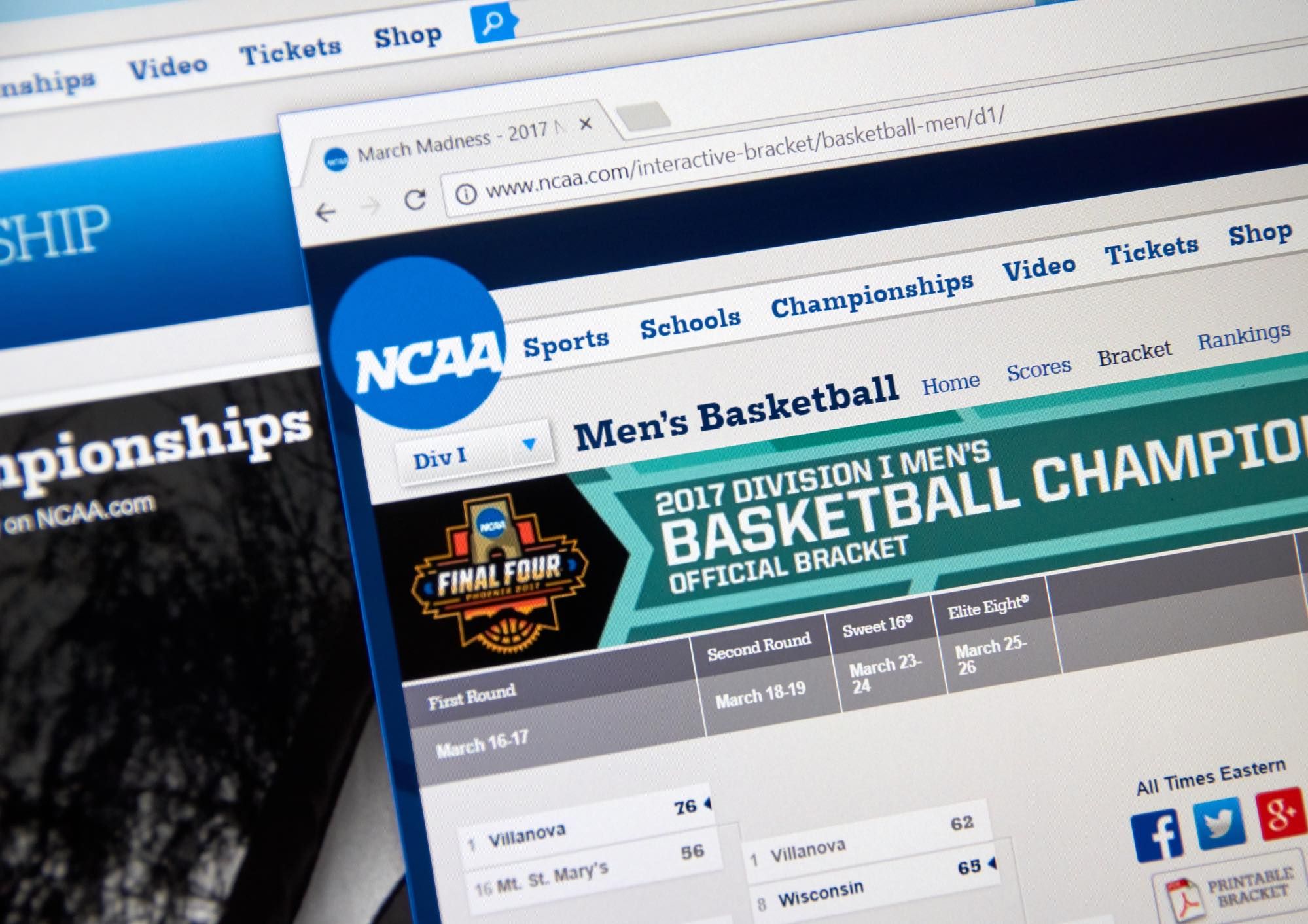Top Class Actions’s website and social media posts use affiliate links. If you make a purchase using such links, we may receive a commission, but it will not result in any additional charges to you. Please review our Affiliate Link Disclosure for more information.
The National Collegiate Athletic Association is facing a new antitrust class action lawsuit regarding the organization’s policy on student-athlete compensation.
Plaintiffs Grant House, an Arizona State University swimmer, and Sedona Prince, a University of Oregon basketball player, filed the complaint Monday.
In addition to the NCAA, the class action lawsuit names as defendants the Pac-12 Conference, Big Ten Conference Inc., Big Twelve Conference Inc., Southeastern Conference and Atlantic Coast Conference.
At issue is the NCAA’s rule that athletes may not receive any compensation for the use of their name, image or likeness.
Last fall, California adopted a law expanding athletes’ publicity rights.
California’s Fair Pay to Play Act, previously known as Senate Bill 206, will create an unrestricted market in the state for student-athletes and others to use and profit from their names, images and likenesses. The provisions of the bill are expected to become operative Jan. 1, 2023.
As of April 2020, 34 states had introduced bills recognizing college athletes’ right to compensation for the commercial use of their names, images and likenesses, the NCAA lawsuit says.
The NCAA said it supported athletes making money from “third-party endorsements both related to and separate from athletics,” but said it is revising its own rules and has continued to lobby Congress to bar those laws in other states, according to the NCAA class action lawsuit.
The plaintiffs claim the NCAA’s April promise to revise the policies was “vague, indefinite and noncommittal.”
The NCAA class action lawsuit alleges the organization’s restriction on licensing and sale of Class Members’ names and images violates the Sherman Act, which restricts interstate commerce and marketplace competition.
The plaintiffs maintain that if they were free to license and sell the rights to their own images, more licenses would be sold. They say the defendants’ unlawful conduct deprived the plaintiffs of “compensation for the use of their names, images, and likenesses—property rights with economic value.”
“This unreasonable restraint on competition has artificially limited supply and depressed compensation paid to Plaintiffs and the members of the Classes for use of their images, likenesses and/or names,” the complaint says.
The NCAA class action lawsuit alleges further violations of the Sherman Act in that it claims the defendants “entered into a continuing horizontal and vertical contract, combination, and conspiracy … to effectuate a horizontal group boycott of members of the Classes.”
In effect, the plaintiffs say, the defendants’ actions constitute “a refusal to deal with members of the Classes on compensation rights issues, and forecloses them from access to the market.” The defendants use the NCAA’s eligibility rules as a threat of a boycott to force the student-athletes to abide by the rules.
Plaintiffs House and Prince say the NCAA and other defendants have become “unjustly enriched” as a result of their allegedly unlawful conduct, and therefore should not be allowed to retain those benefits.

The NCAA class action lawsuit also proposes a Social Media Damages subclass of all current and former student-athletes competing on an NCAA Division I athletic team at a college or university that is a member of one of the Power Five Conferences, as well as a Group Licensing Damages subclass including all current and former student-athletes competing on an NCAA Division I men’s or women’s basketball team or an FBS football team at a college or university that is a member of one the Power Five Conferences during the same four-year period.
This is far from the only litigation the NCAA has faced in recent years. In 2017, the NCAA along with 11 conferences settled allegations that they worked together to suppress student-athlete scholarships by agreeing to pay close to $209 million.
The plaintiffs in this most recent NCAA class action lawsuit are seeking actual damages according to proof presented at trial; treble damages, a judgment voiding the NCAA’s bylaws restricting student-athlete compensation; an injunction preventing the NCAA and Conference defendants from enforcing their agreement to restrict the amount of compensation available for Class Members’ name, image and likeness; attorneys’ fees and costs; and any other compensation deemed appropriate by the Court.
Do you think the NCAA should allow student-athletes to receive compensation for their name or likeness? Are you an NCAA athlete who has been prevented from receiving compensation? Let us know in the comments section below.
Plaintiffs House and Price are represented by Steve W. Berman, Emilee N. Sisco and Benjamin J. Siegel of Hagens Berman Sobol Shapiro LLP.
The NCAA Student-Athlete Compensation Antitrust Class Action Lawsuit is Grant House And Sedona Prince, et al. v. National Collegiate Athletic Association, et al., Case No. 4:20-cv-03919, in the U.S. District Court for the Northern District of California, Oakland Division.
ATTORNEY ADVERTISING
Top Class Actions is a Proud Member of the American Bar Association
LEGAL INFORMATION IS NOT LEGAL ADVICE
Top Class Actions Legal Statement
©2008 – 2024 Top Class Actions® LLC
Various Trademarks held by their respective owners
This website is not intended for viewing or usage by European Union citizens.
















One thought on NCAA Class Action Says Athletes Should Receive Compensation
I played football for Indiana University 2010 to 2013. My likeness was used on billboards without compensation.